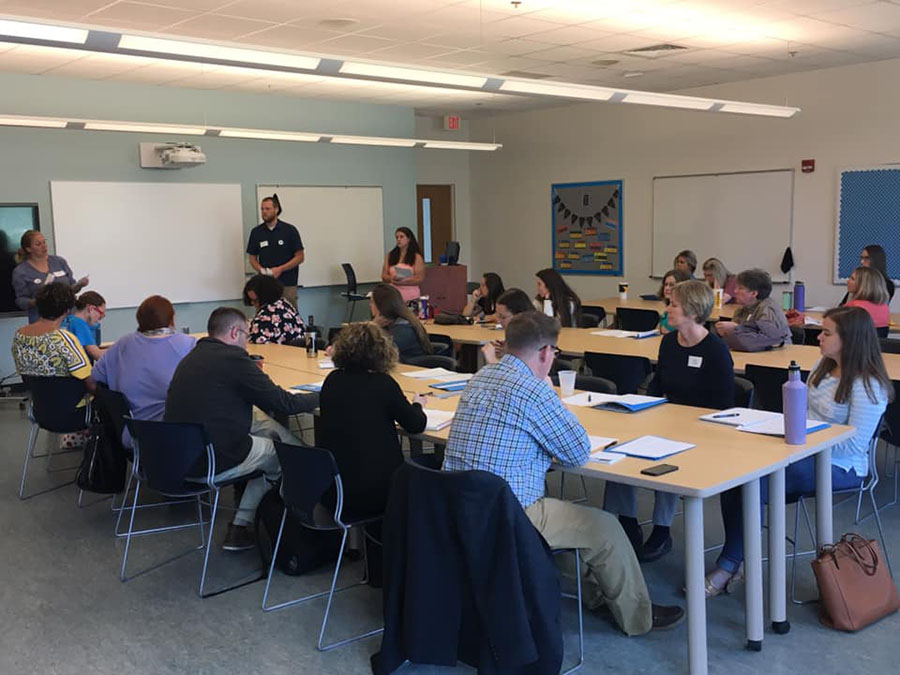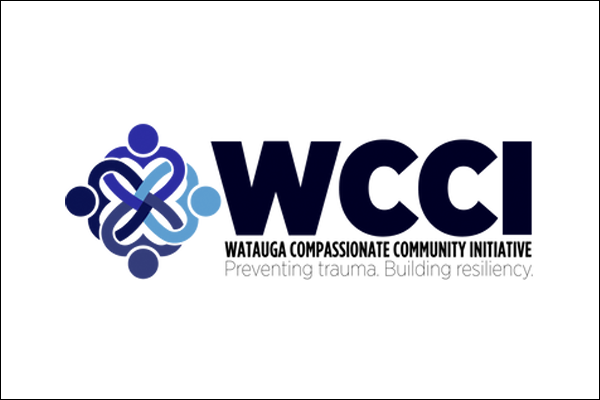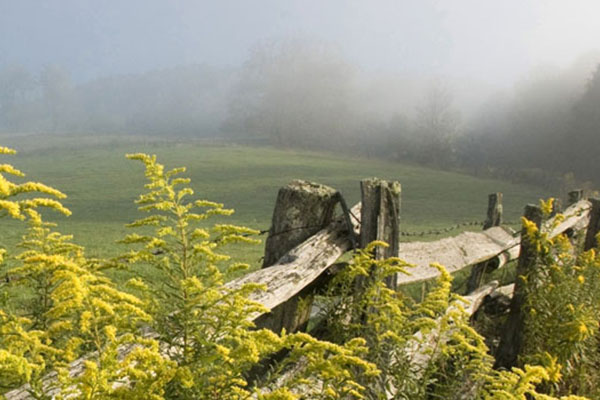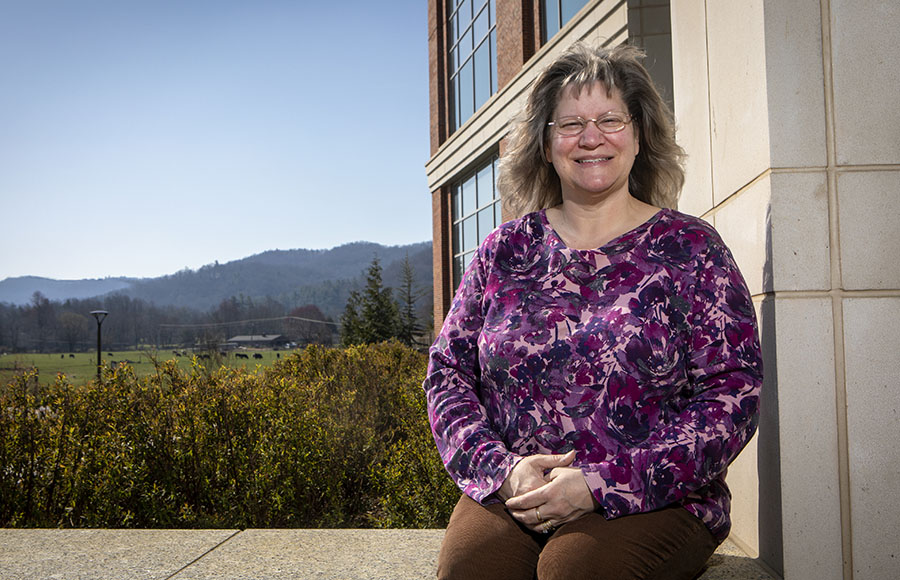
Denise Presnell ’93 ’17 has made it her mission to educate and inform the High Country about trauma and resiliency. She earned a bachelor’s and a master’s degree in social work from Appalachian State University, serves as an adjunct instructor in App State’s Department of Social Work and is a school social worker for Watauga County. Photo by Marie Freeman
BOONE, N.C. — Appalachian State University alumna and adjunct instructor Denise Presnell ’93 ’17 has made it her mission to educate and inform the High Country about trauma, adverse childhood experiences (ACEs) and resiliency.
Five years ago, as a Master of Social Work (MSW) candidate at App State, Presnell received a challenging project assignment while interning at Boone’s Western Youth Network (WYN): Transform Watauga County into a trauma-informed community.
WYN Director and App State alumna Jennifer Warren ’13 had recently attended a conference about raising community awareness and providing education about trauma, ACEs and resiliency, and she tapped Presnell — who has served as a school social worker in Watauga County Schools for more than 20 years — to lead the process in the Greater Boone area.
“Denise has a capacity to make things happen. Given her lengthy career in the school system, I knew she had a ton of connections and she was well respected, making her perfect for the job,” Warren said.
“Research shows that adverse childhood experiences — in the absence of a stable, nurturing caregiver — can result in difficulties in school and in job performance, and in later health issues such as heart disease, stroke, diabetes, cancer and mental health diagnoses,” Warren explained. “When we intervene early, with proven strategies, we can prevent the damage that toxic stress can produce.”
Taking direction from a Centers for Disease Control and Prevention model, Presnell assembled a planning team with 40 members from the Watauga County Department of Social Services, the local school system, several nonprofit agencies, App State and other community stakeholders to host a “State of the Child” forum. More than 400 people participated.
Enthusiastic response to the 2017 forum inspired Presnell and others to launch the Watauga Compassionate Community Initiative (WCCI), a community-led endeavor involving hundreds of people working in health care, law enforcement, social services, education, business and other areas of the community — including a number of faculty and students from App State.
WCCI’s mission is to promote health and resiliency in the community by preventing, recognizing and treating trauma through education, advocacy and policy change.
“As a community, we’re learning to use the same language when we talk about trauma and resilience,” Presnell said. “We’re beginning to understand if someone walks in and gives us a hard time, it doesn’t mean they are a bad person. It means they’re having a hard time. We are learning to support one another better.”
Trauma and resiliency in App State classrooms
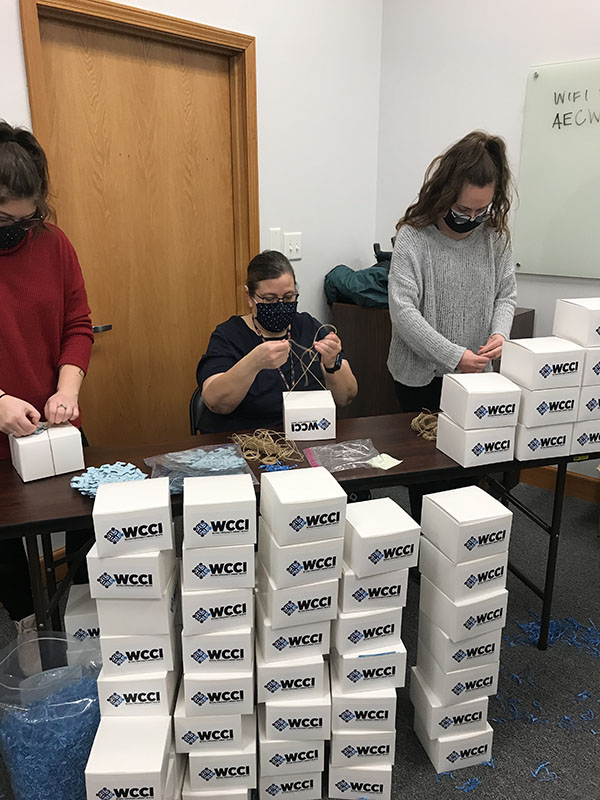
Preparing for the 2021 Watauga Compassionate Community Initiative (WCCI) annual conference, to be held virtually April 21–22, a team of volunteers assembles “resilience kits” for attendees, which contain tools for handling stress. Pictured, from left to right, are Hayley Bayne ’18, assistant for the Pathways to Accreditation Program at the Children’s Council of Watauga County; Claire Jensen ’05, a school counselor in Watauga County Schools; and Mackenzie Laney ’18 ’20, a recent App State graduate with a Master of Social Work. Photo submitted
In addition to serving on the leadership team for WCCI, Presnell — who earned her MSW from App State in 2017 and is pursuing, via online, her Ph.D. in social work administration on the topic of trauma-informed schools from Walden University — still serves as a school social worker and is an adjunct instructor in App State’s Department of Social Work.
Presnell works with Annette Ward, senior lecturer in the department and coordinator of App State’s Social Work Care Collaborative in the Blue Cross NC Institute for Health and Human Services Interprofessional Health Clinic, to train interns to deliver the WCCI trauma and resilience presentation — which students have taken to social work and education classes on campus. The collaborative’s partnership with WCCI is one of several field experience opportunities for social work students in the community.
Presnell also supervises other undergraduate and graduate social work interns, teaching them to use trauma-informed practices and spread awareness of trauma and resilience in the community.
App State’s Dr. Kellie Reed Ashcraft, a professor in the Department of Social Work, and Dr. Adam Hege, associate professor and director of App State’s public health program within the Department of Health and Exercise Science, serve on the WCCI leadership team. Several App State faculty and alumni also serve on WCCI committees and in leadership roles.
Ashcraft, whose research specialties and classroom content include ACEs, child welfare and trauma-informed practices, involves undergraduate and graduate students in her work for WCCI to provide “real-world” experience.
“The participation of our students in this community-based effort, the learning and experiences generated and the research we have been able to contribute have been phenomenal,” she said.
Hege has incorporated his work with WCCI to help public health students at App State grasp the importance of how trauma and resilience are important to human health and the development of public policy.
Hege said, “Everything WCCI is involved in directly relates to public health. Epidemiological evidence has made connections between ACEs and numerous critical public health issues. The more we can understand ACEs and the underlying factors surrounding them, the more effective we can be at developing public health measures to prevent and address them.”
What do you think?
Share your feedback on this story.
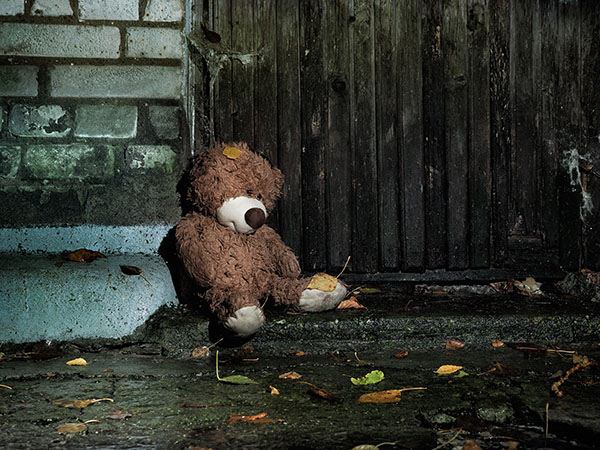
Shutterstock/kozorog image
About the Department of Social Work
The Department of Social Work in Appalachian State University’s Beaver College of Health Sciences offers both undergraduate and graduate programs, and is accredited by the Council on Social Work Education. The undergraduate social work program prepares students for generalist social work practice, and graduates can be found in social service agencies, hospitals, schools, hospices, criminal justice systems and mental health facilities. The graduate program teaches students advanced clinical skills for their work as social service managers and leaders, or clinicians who provide services to individuals, families and communities. Learn more at https://socialwork.appstate.edu.
About the Beaver College of Health Sciences
Appalachian State University’s Beaver College of Health Sciences (BCHS), opened in 2010, is transforming the health and quality of life for the communities it serves through interprofessional collaboration and innovation in teaching, scholarship, service and clinical outreach. The college enrolls more than 3,600 students and offers 10 undergraduate degree programs, nine graduate degree programs and four certificates across seven departments: Kinesiology, Nursing, Nutrition and Health Care Management, Public Health, Recreation Management and Physical Education, Rehabilitation Sciences, and Social Work. The college’s academic programs are located in the Holmes Convocation Center on App State’s main campus and the Levine Hall of Health Sciences, a state-of-the-art, 203,000-square-foot facility that is the cornerstone of Boone’s Wellness District. In addition, the college supports the Appalachian Institute for Health and Wellness and has collaborative partnerships with the Wake Forest University School of Medicine’s Physician Assistant Program, UNC Health Appalachian and numerous other health agencies. Learn more at https://healthsciences.appstate.edu.
About Appalachian State University
As a premier public institution, Appalachian State University prepares students to lead purposeful lives. App State is one of 17 campuses in the University of North Carolina System, with a national reputation for innovative teaching and opening access to a high-quality, cost-effective education. The university enrolls more than 21,000 students, has a low student-to-faculty ratio and offers more than 150 undergraduate and 80 graduate majors at its Boone and Hickory campuses and through App State Online. Learn more at https://www.appstate.edu.
